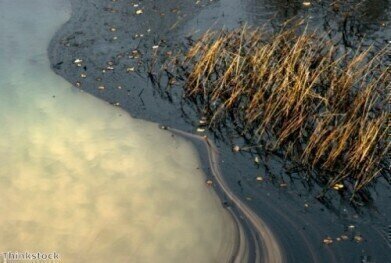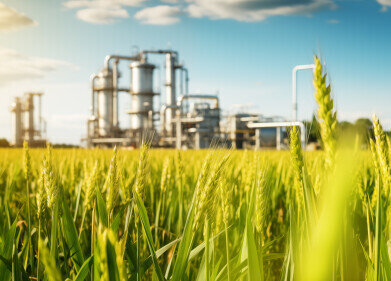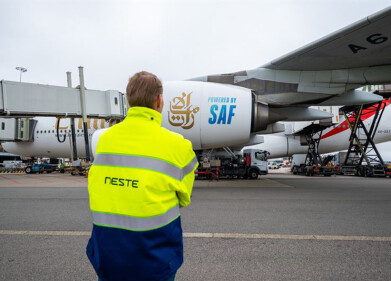-
 Continued testing will ensure that groundwater contamination has not occurred
Continued testing will ensure that groundwater contamination has not occurred
Fuel for Thought
Bitumen leaks may affect Alberta groundwater
Oct 25 2013
Bitumen from an oil sands operation in Alberta has leaked into local aquifers, according to Alberta Environment. Canadian Natural Resources Ltd (CNRL) has been ordered by the agency to perform testing of groundwater around Cold Lake in order to asses the level of the contamination.
According to the Alberta Environment, bitumen has been leaking from cracks in the earth's surface around the lake for over six months. This has caused Cold Lake to become polluted, as well as the soil in the area, which could have lead to groundwater contamination. If the oil substance has polluted local groundwater it could cause problems with fresh water sources for years.
Alberta has ordered CNRL to locate the source of the bitumen leaks, which appear to be leaking from four sites. The company has also been ordered to clean up the land of its Primrose Oil and Gas works nearby in order to stop soil contamination.
An enforcement order was issued to CNRL earlier in the week, following on from an environmental protection order that was issued by the government. The company was ordered to partially drain the lake due to the contamination caused to the water by one of the bitumen leaks.
The enforcement order has been designed to further aid an ongoing investigation into the leaks that is being carried out by the Alberta Energy Regulator, according to Environment and Sustainable Resource Development spokesperson Jessica Potter. She said that immediate action needs to be taken and the effects of the leaks cleaned up in order to efficiently reduce the environmental impacts of the bitumen.
Ms Potter also said that currently there is no evidence of groundwater contamination in the area, but that testing will be performed regularly in order to ensure any water pollution is contained.
Although the leaks were originally reported in May of this year, it is not yet known what is causing them and until the source is identified it could be difficult to minimise the damage. However, CNRL are actively putting safeguards in place in order to stop any further leaks occurring.
Digital Edition
PIN 25.2 Apr/May
May 2024
Safety - Carbon monoxide toxic and flammable gas detection Analytical Instrumentation - Density: A fundamental parameter at critical stages within the petroleum sector - Advancements and...
View all digital editions
Events
May 13 2024 New Orleans, LA, USA
May 14 2024 Tashkent, Uzbekistan
May 14 2024 Oklahoma City, OK, USA
May 15 2024 Lund, Sweden
May 15 2024 Copenhagen, Denmark

















